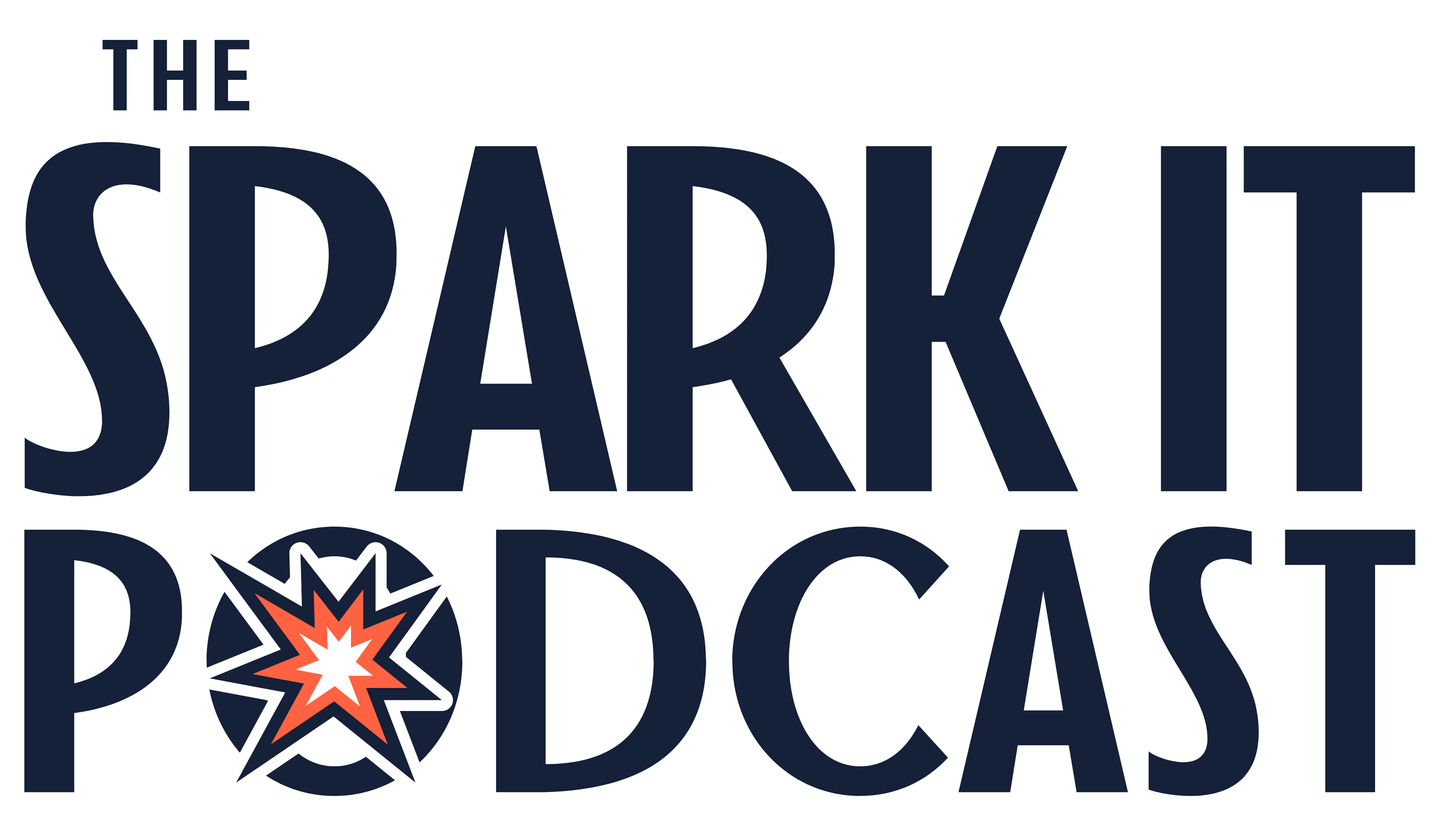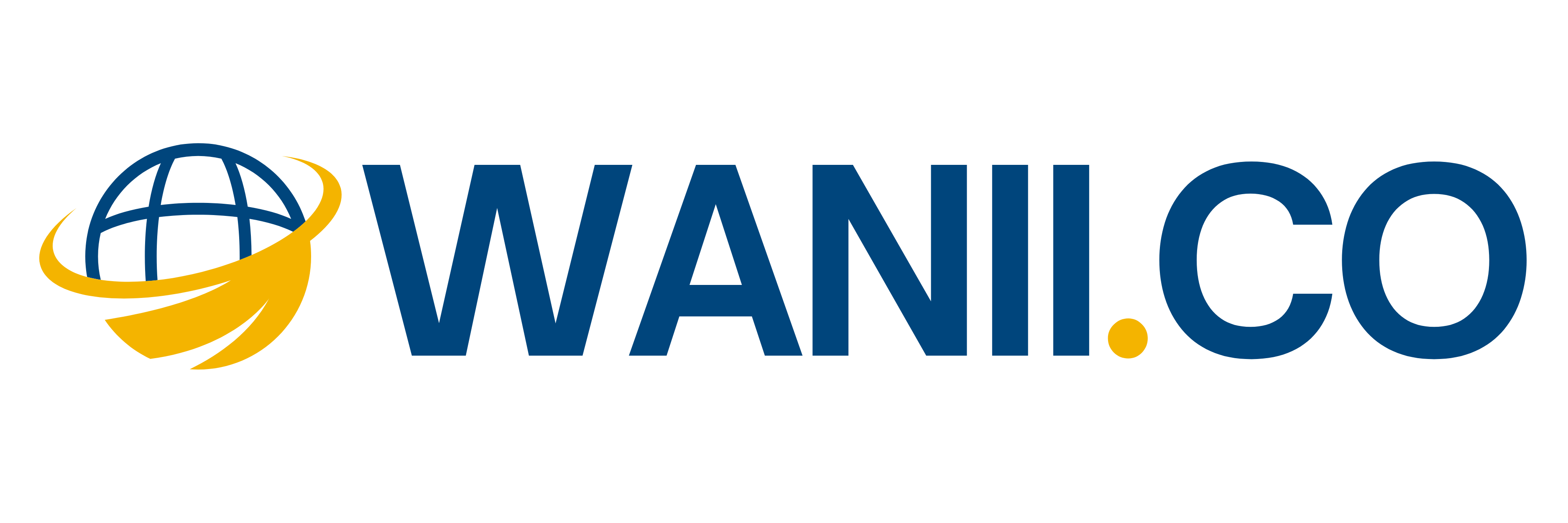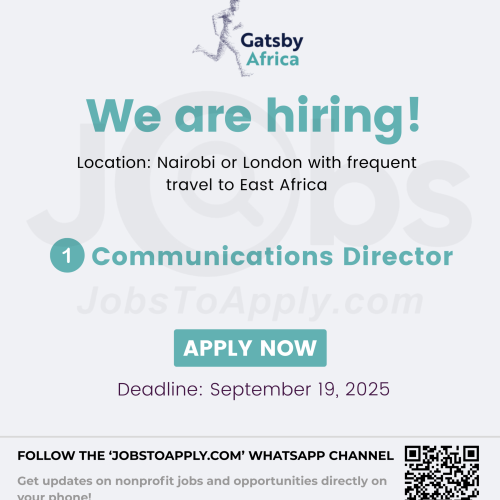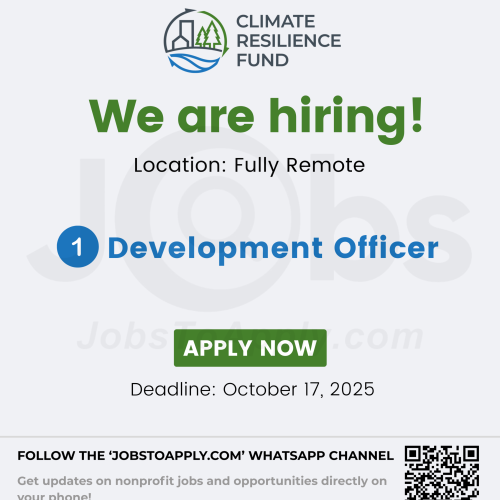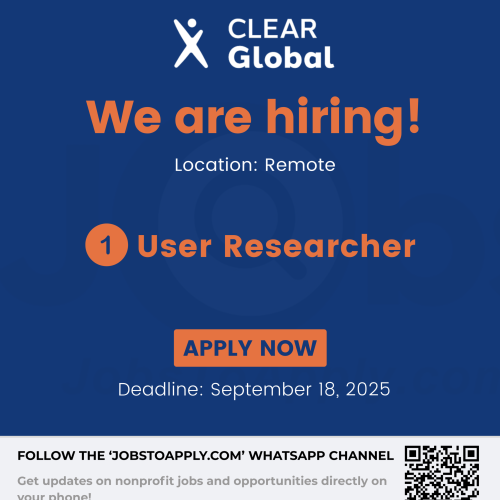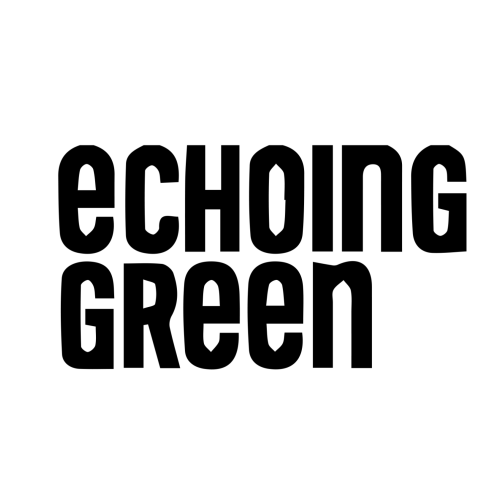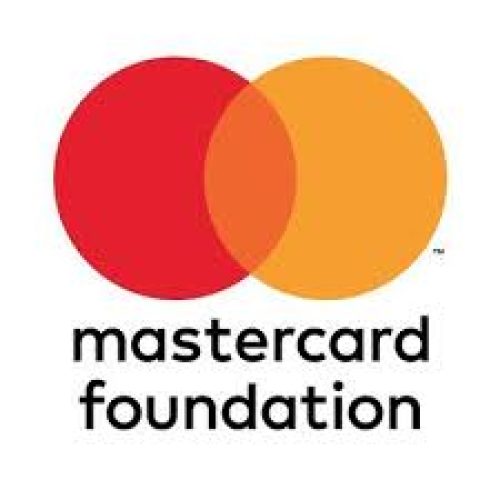Issued by: Concern Worldwide and Sonke Gender Justice
Evaluation period: 1 August – 31 October 2025
Location: Remote, with engagement across multiple countries and teams
Background
Concern Worldwide and Sonke Gender Justice have engaged in a global partnership since 2017, with the primary aim of strengthening Concern’s approaches to integrating gender norms transformation and promoting gender equality. This includes engaging men, women, girls, and boys holistically within Concern Worldwide’s programmes. The overall objective of the partnership has been to transform gender norms and attitudes among Concern staff, enhance their ability to promote gender equality in the workplace, and build their capacity to implement gender norms transformative programming.
The first phase of the partnership (2017–2019) focused on 10 countries. It expanded to 20 countries during Phase 2 (2020–2022) and currently includes 18 countries in Phase 3 (2023–2025).
During the second phase, each country team was offered a range of training opportunities and initiatives. Concern and Sonke co-developed a series of training manuals and delivered both in-person and remote training and support across most of Concern’s country programmes.
In Phase 3, the partnership aimed to further strengthen collaboration by providing a series of global workshops for Country Management Teams, HQ-level workshops for senior staff (including senior management), and workshops for programme staff. Sonke was also expected to leverage its networks to advocate for Concern’s participation in international conferences and events, such as Women Deliver, Commission on the Status of Women (CSW), the Sexual Violence Research Initiative (SVRI). However, much of this organizational-level work was not undertaken, largely due to travel restrictions during the COVID-19 pandemic. Despite this, Sonke continued to support several global online presentations of the partnership’s work.
An evaluation of the partnership in 2022 found clear evidence of emerging impact at both the personal and institutional levels. Notably, 83% of respondents to an online survey agreed that the gender training and support received through the partnership were relevant to their country’s specific context. Sonke’s training and facilitation skills were widely praised, with respondents highlighting the trainers’ ability to deliver effective, interactive sessions in a safe and non-judgmental environment.
However, two of the six “deep dive” countries raised concerns about whether the partnership model was the most suitable for their needs and whether less resource-intensive, nationally or regionally based options, with deeper contextual understanding and local language capabilities, might be more appropriate.
Concern’s internal follow-ups following each country visit revealed that just over one-quarter of respondents (4 out of 14) rated the support as “highly satisfactory” in relation to expected objectives and outputs. Eight out of 14 assessed it as “satisfactory,” while two felt it was “unsatisfactory” or “highly unsatisfactory.” In response to the question, “Overall, how would you assess the training in terms of its usefulness?”, early responses in 2021 were mixed, with three of the eight countries rating it “below expectations.” However, after corrective measures were implemented by Sonke in 2022, the feedback improved significantly. Half of the respondents said the training was “better than expected,” with the remainder indicating it met expectations.
Purpose of this consultancy
Concern Worldwide and Sonke Gender Justice seek a consultant to conduct a summative evaluation of Phase 3 of their global partnership. The evaluation will:
- Evaluate the overall quality, strategic alignment, and added value of the partnership
- Examine the relevance, effectiveness, efficiency, impact, and sustainability of the capacity-building efforts delivered by Sonke
- Assess outcomes and behavioural change
- Document lessons learned and best practices
- Provide actionable recommendations for future collaboration and improved delivery models.
Budget
ZAR 300,000
Should the need arise, all logistical and travel-related expenses shall be the responsibility of the consultant and must be accounted for within the proposed budget.
Overview
The Concern Worldwide and Sonke Gender Justice partnership, launched in 2017, is now in its third phase (2023–2025) and spans 18 countries across Africa, Asia, and the Caribbean. The partnership aims to strengthen Concern’s capacity to promote gender equality and transform harmful gender norms through both internal practices and external programming.
Phase 3 focuses on deepening this work by providing technical support and training to staff, building sustainable national training capacity, and engaging senior leadership to embed gender-sensitive practices. Sonke’s contributions include global workshops, country-specific training, tool development, and remote technical support.
Building on earlier phases, Phase 3 responds to lessons learned particularly the need for greater contextual relevance, improved delivery models, and sustainability of impact.
As a result of these developments, a third phase of the partnership was agreed upon, running from January 2023 to December 2025.
Phase 3 goal (2023–2025)
To reinforce Concern’s capacity to implement gender-transformative programmes and strengthen both sectoral and gender-related outcomes.
Phase 3 objectives
- Transform staff attitudes towards gender equality at personal and workplace levels.
- Build staff/partner capacity to cascade the gender-transformative approaches, and how to design and implement gender-transformative programming.
- Establish sustainable national-level training capacity for up to 3 years.
- Engage senior leadership at HQ and country level to embed gender-sensitive practices.
Country engagement overview
| Stream One | Stream Two |
| Somalia | Sierra Leone |
| Niger | Ethiopia |
| Liberia | Haiti |
| Burkina Faso | Chad |
| Pakistan | South Sudan |
| Bangladesh | |
| Afghanistan | |
| Malawi | |
| DRC | |
| CAR | |
| Burundi/Rwanda | |
| Sudan | |
| Kenya |
Purpose and objectives of the evaluation
The overall purpose of the evaluation is to assess the Concern-Sonke partnership during Phase 3 (2023-2025), with a focus on both the quality of the partnership and the delivery of training and technical support, and to generate actionable insights for future programming and collaboration.
Evaluation objectives
- Asses the quality and strategic value of partnership:
Evaluate the overall quality, strategic alignment, and added value of the partnership between Sonke Gender Justice and Concern Worldwide, particularly during Phase 3 of the collaboration. This includes the extent to which the partnership managed risks and adhered to the do no harm principle. - Review the delivery and effectiveness of technical support and training: Examine the relevance, effectiveness, efficiency, impact, and sustainability of the capacity-building efforts delivered by Sonke. This includes: The appropriateness of training content and materials; The frequency and format of support (e.g., country visits, remote sessions); The adequacy of follow-up and refresher mechanisms; Evaluate the mechanisms put in place to support the application of training content in day-to-day practice (e.g., coaching, mentoring, peer learning), and their effectiveness in reinforcing behaviour and organisational change.
- Assess outcomes and behavioural change:
Determine the extent to which the training and support have contributed to changes in staff beliefs, attitudes, and behaviours—both professionally and personally—with a focus on promoting gender equality. - Evaluate programme-level impact:
Assess how the acquired knowledge, tools, and approaches have influenced Concern’s programme design, implementation, and outcomes across sectors. - Document lessons learned and best practices:
Consider how the recommendations from the previous evaluation have been addressed. Identify and document good practices, challenges, and key lessons learned from the partnership, with the aim of informing future initiatives. - Provide actionable recommendations:
Offer clear, forward-looking recommendations on:- Enhancing the delivery model of support and training.
- Strengthening future collaboration between Sonke and Concern.
- Adapting support strategies considering shifting funding environments (e.g., emergency funding, reduced country budgets)
Additional areas of focus
- Collaboration and role clarity
Assess the quality of collaboration and clarity of roles between Sonke Gender Justice and Concern’s Equality Advisors, including how responsibilities were defined, coordinated, and operationalised at various levels. - Utility and implementation of post-training action plans
Review the design, rollout, and use of action plans developed following training sessions—recognising that these were introduced later in the partnership and not consistently across all countries. Evaluate:- Whether these action plans provided added value in sustaining momentum post-training.The extent to which they were implemented and monitored.
- Their contribution to driving meaningful and measurable organisational change
Evaluation questions
The following evaluation questions will guide the assessment of the Sonke–Concern Worldwide partnership under Phase 3. These will be refined collaboratively with the selected consultant during the inception phase, based on the initial literature review, available documentation, and inputs from an inception meeting:
- What were the key achievements of the partnership?
- To what extent did the partnership meet its stated objectives?
- What tangible and intangible results were achieved at the individual, organisational, and programmatic levels?
- Were resources and efforts used efficiently and effectively?
- How well were time, human, and financial resources allocated and utilised?
- Could alternative delivery models have yielded better or more cost-effective results?
- How sustainable are the changes and capacities built?
- Are there indications that the knowledge, attitudes, and practices introduced through the partnership are being sustained over time?
- What systems or structures have been put in place to support sustainability?
- What lessons can be drawn to improve future partnerships or scale-up efforts?
- What worked well and what did not?
- To what extent did we manage risk?
- How can these insights inform future collaboration between Sonke and Concern, or be applied to similar partnerships in other contexts?
Scope of the evaluation
- Timeframe:
The evaluation will take place between August 1 and October 31, 2025.Within the first two weeks of the consultancy, the consultant is expected to submit an Inception Report, including a detailed work plan, methodology, and data collection tools. The consultant will also be expected to present preliminary findings and recommendations in a validation workshop with Concern and Sonke prior to finalising the report. - Geographical coverage:
The evaluation will cover:- Concern Worldwide and Sonke Gender Justice head offices.
- A sample of 5-6 country programmes, selected to reflect diverse contexts and varying stages of engagement with Sonke.
- Where appropriate, relevant implementing and technical partners will also be included.
- Travel:
The evaluation is expected to be conducted remotely; all data collection will be done electronically. - Deadlines:
The final evaluation report must be submitted by 31st of October 2025. All field engagements, interviews, and draft findings should be completed by 20th of October2025 allowing sufficient time for review and feedback from Concern and Sonke.
Methodology
The evaluation must be evidence-based, participatory, and aligned with international quality standards, including the OECD-DAC evaluation criteria and UNEG norms and standards. It should directly address the objectives of Phase 3 of the partnership, as outlined in Section 2 (Purpose and Objectives of the Evaluation).
The selected consultant will be expected to submit an Inception Report following the kick-off (inception meeting) meeting. This report will include:
- A detailed proposed methodology
- Sampling strategy
- Data collection tools
- An updated and finalised list of evaluation questions
This report must be approved by Concern Worldwide and Sonke Gender Justice before data collection begins.
a. Framework
Use the OECD-DAC criteria:
- Relevance
- Coherence
- Efficiency
- Effectiveness
- Impact
- Sustainability
b. Document review
- Training manuals (e.g. for Chad, Afghanistan – life skills, DRC, Fathers Group Manual)
- Gender role attitude survey data
- Sonke trip reports
- Internal reports from Concern and Sonke
- Evaluation Report of Phase 2
c. Data collection
The selected candidate will be required to develop and present a detailed data collection plan. This should include the proposed methodology, sampling strategy, data sources, data collection tools (e.g. interview guides, survey instruments), and procedures for ensuring data quality, confidentiality, and ethical compliance. The plan should also outline how data will be disaggregated (e.g. by gender, location, role) and how both quantitative and qualitative data will be triangulated to answer the evaluation questions.
d. Key informants
- Concern head office staff (up to 8), including Equality Advisors, Technical Assistance, International Programmes, and Strategy Advocacy and Learning department.
- Sonke trainers, project managers, and senior staff (up to 4)
- Up to 5 KIIs and 2 FGDs in 5 country offices (countries selected by Concern)
Deliverables
| Deliverable | Description | Timeline |
| Inception Meeting | Initial meeting with Concern and Sonke to agree on scope, priorities, and next steps | Week 1 |
| Inception report | Workplan, methodology, tools, and interview schedule | End of Week 2 |
| Validation Workshop | Workshop with Concern, Sonke, and (if feasible) country programme staff to review early findings and shape the draft report. | Week x |
| Draft evaluation report | Initial findings and recommendations | Week 8 |
| Final evaluation report | Incorporating all feedback from Concern and Sonke | Week 10 |
| Submission of final report | Week 12 |
Required qualifications
- Proven experience in evaluating partnerships, training initiatives, and programme implementation.
- Demonstrable familiarity with gender equality and gender transformative programming.
- Strong analytical and report-writing skills in English and French
- Experience with qualitative and participatory methodologies
- Familiarity with the NGO and development/humanitarian sectors
Desirable
- Master’s degree in social sciences, Gender Studies, Development Studies, or related fields
- Experience in evaluating gender-transformative programming
Selection criteria and decision-making process
Proposals submitted in response to this Terms of Reference will be assessed based on a combination of technical and financial considerations. The selection process will involve a review panel composed of representatives from Sonke Gender Justice and Concern Worldwide.
Clarifications and negotiation:
Shortlisted candidates may be invited for an interview or to provide further clarifications before final selection. Final negotiations on scope, deliverables, and budget may be undertaken with the preferred candidate prior to contracting.
Decision-making:
The contract will be awarded to the proposal that achieves the highest combined score (technical + financial), subject to due diligence, availability of references, and alignment with budget and operational timelines.
Review and selection: Proposals will be assessed on the following criteria:
- Relevant experience and qualifications (30%)
- Soundness and creativity of the proposed approach/methodology (30%)
- Cost-effectiveness and clarity of the financial proposal (20%)
- Demonstrated understanding of gender-transformative approaches and values alignment (20%)
Management and reporting
The consultant will report jointly to designated focal points at Sonke Gender Justice and Concern Worldwide. Coordination will include regular check-ins, joint review of draft deliverables, and a final presentation of findings.
How to apply
Should you wish to apply, please send as five separate documents to Nombulelo Mazwi by COB 15 July 2025. If selected, induction will start on the week of 28 July 2025
Email: Nombulelo@genderjustice.org.za
- Cover Letter outlining relevant expertise and interest in the assignment
- CV detailing evaluation experience, including at least three previous similar assignments
- Technical Proposal with proposed approach, methodology, timeline, sample workplan and budget
- Professional references names and contact details for at least three recent references
- A value-based statement (maximum 500 words): Why do you think integrating gender norms transformation is important for NGOs aiming to reduce extreme poverty?

